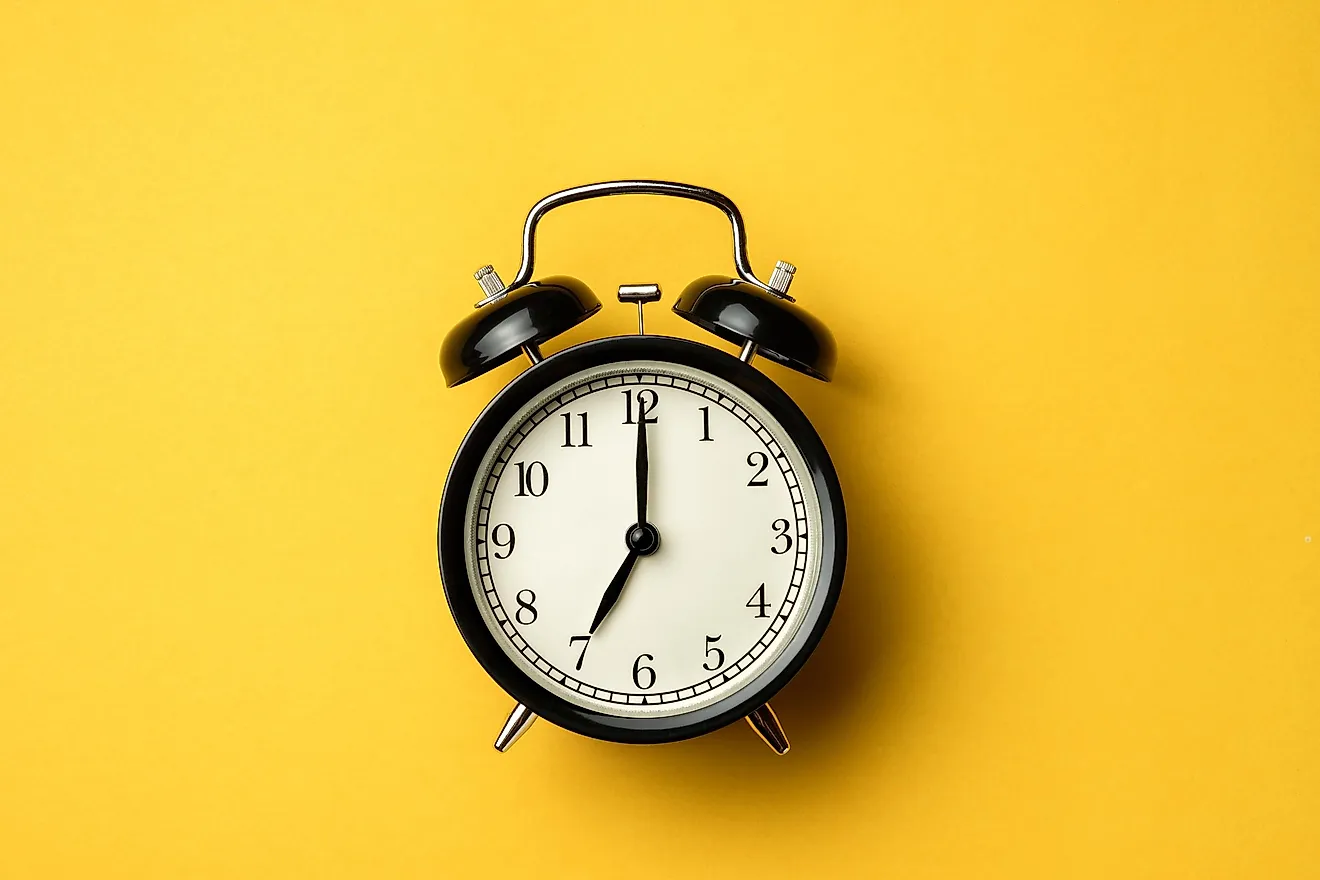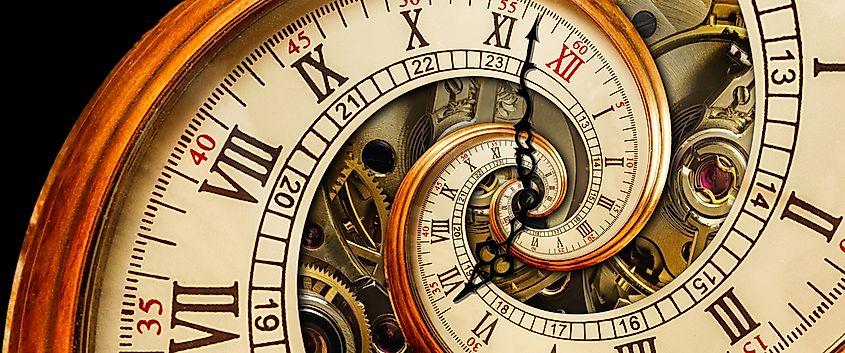How Did The Clock Change The World?

- The social and cultural influence of the clock can be traced back to the Middle Ages.
- Before the invention of the mechanical clock, there was no possibility for a precise measurement of time.
- It was during the 16th century that a more significant cultural shift happened when the clock became a symbol a not only a mechanical device.
People often emphasize the importance of inventing the television, the personal computer, the rise of the Internet as technological advancements that changed the world. And rightly so. However, there is an invention that is equally (if not even more) important and mentioned far less.
It is the mechanical clock, and according to many historians, it was the clock that changed everything and deserves to be called as the key factor of the industrial age. Mechanical clocks enabled people to measure time in ways that were not possible before, and because of it, our lives were changed forever.
When Did The Clock Change The World?
The social and cultural influence of the clock can be traced back to the Middle Ages. Christian monasteries created an environment of order and familiarity to battle the outside threat caused by the fall of the Roman Empire. They would use the ringing of the bell as a call for prayer, a means, and a symbol for structuring human behavior.
The appreciation of these habits soon led to the invention of a mechanical clock. This device successfully translated the movement of time through the movement of space due to the dial of the clock and moving hands. This advancement enabled enormous synchronization of activities, something that was not seen or experienced ever before. It is a process that, in a way, defined urban existence and changed the public perception of time as a commodity.
It separated people from the organic structure of life that they had before. Every hour in the day was trying to be used, people were going to bed when the clock told them, not when they were tired, and the same goes for food.

Think about your daily schedule; you probably wake up every day at a certain time (either with the help of your smartphone or an alarm clock), you go to school or work (with a car or bus that "saves" you time necessary to arrive upon your destination), use technology that helps you manage your time better, you go to sleep at an hour that is culturally determined as "too late," or "too early." It is hard to imagine life without a clock; you would not be able to function in the same way you do now due to the complexity of your everyday life and being dependant on measurements of time.
The Cultural Importance Of Time Synchronization
Before the invention of the mechanical clock, there was no possibility for a precise measurement of time. Before the Middle Ages, people had to use the sun or other unreliable sources for time management. The mechanical clock started spreading through various cities in Europe as of the beginning of the 14th century, such as England, Germany, Italy, France, Spain, and many others.
The application of mechanical clocks for economic purposes was a rather slow adaptation. Still, towards the end of the 14th and the beginning of the 15th century, people started to use the clock to synchronize and coordinate various labor activities, town meetings, and such.
It was during the 16th century that a more significant cultural shift happened. The clock became a symbol, a reference for how institutions should work, and time was treated as something that could be wasted or lost, even indicating the monetary cost of time. The adaptation was not a fast process, but incorporating clocks into everyday life drastically changed the way human beings perceive their reality and arrange their life.











